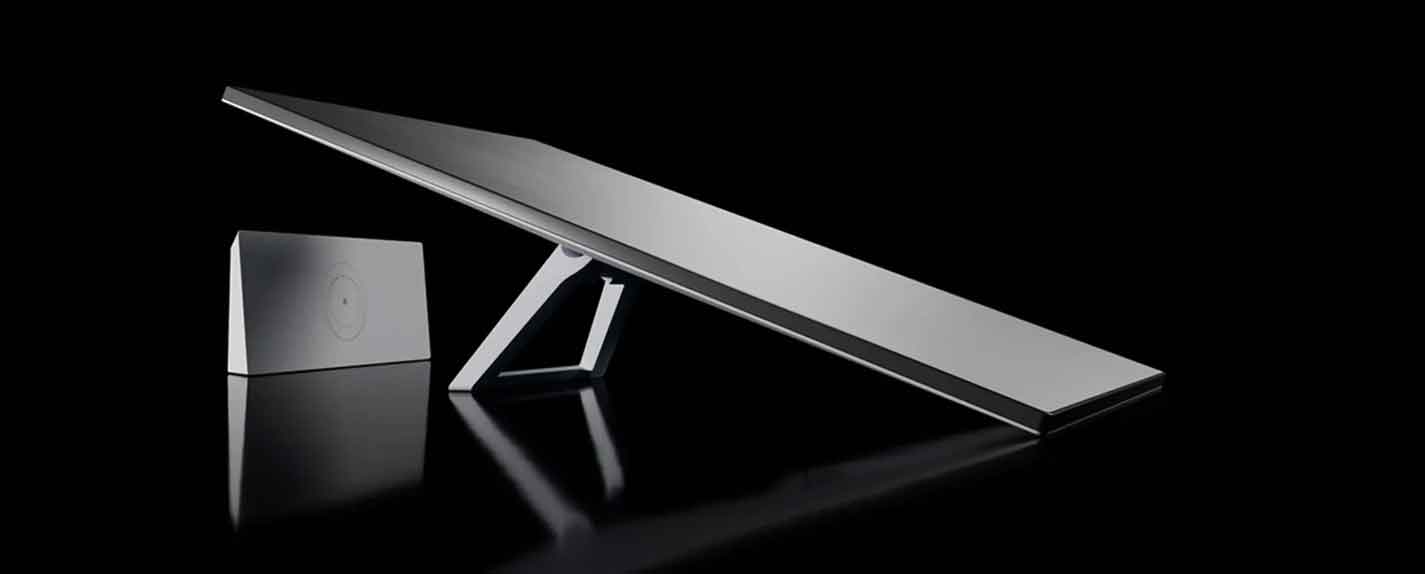World-Link Communications Starlink Satellite Internet
Enjoy uninterrupted internet access in remote areas with Starlink’s satellite technology.

Starlink Satellite Internet
Enjoy uninterrupted internet access in remote areas with Starlink’s satellite technology.
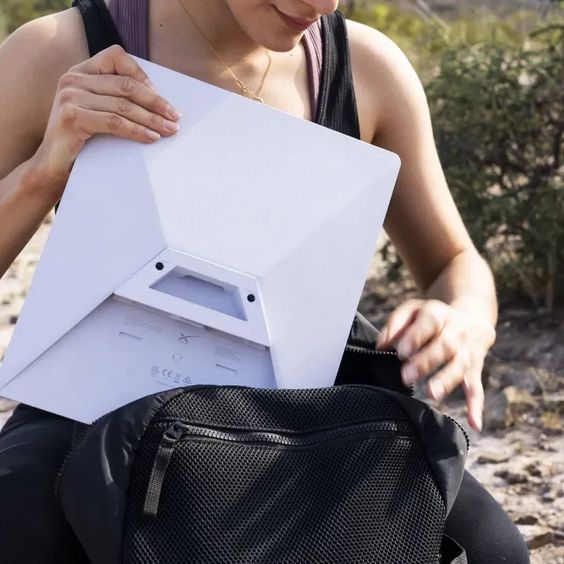
Starlink Mini Kit
Fast Starlink Internet Services - Access & Security Solutions
Starlink uses a constellation of low Earth orbit (LEO) satellites (~540 km up), providing significantly lower latency (20–40 ms) and higher speeds (typically 100–200 Mbps) compared to traditional geostationary systems
Performance: Speed & Latency Reality Check
Speeds usually between 100–300 Mbps, latency 30–60 ms.
Occasional spikes—switching satellites can briefly increase latency to ~150 ms
Many say it’s great for gaming, streaming, and video calls; a few note intermittent disconnections, weather interruptions, or congestion

Starlink Mini Kit

Starlink Mini Kit
AC Dual‑Band

Starlink 4th‑Gen Mini Kit
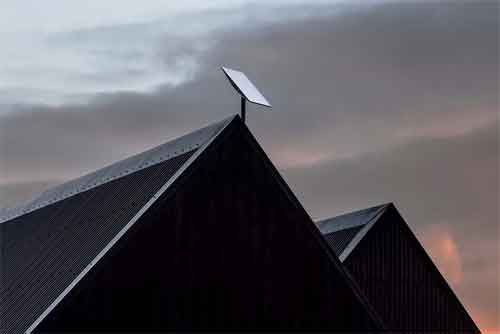
Fixed Residential Plans

Starlink Business
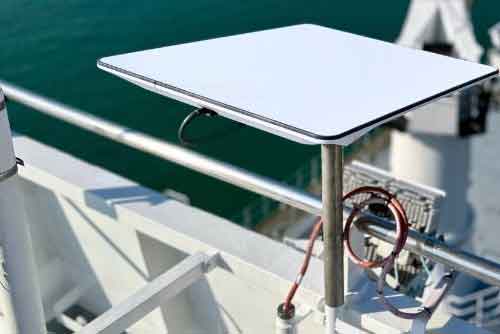
Starlink Maritime
How Set up Satellite Home Internet
Setting up Satellite Home Internet in the USA is straightforward, especially with providers like Starlink, Viasat, and HughesNet. Here’s a complete guide to get started:
Starlink Setup (Typical for Home)
Starlink Dish (aka “Dishy”)
Mounting base
Wi-Fi router
75-ft cable
Power cable
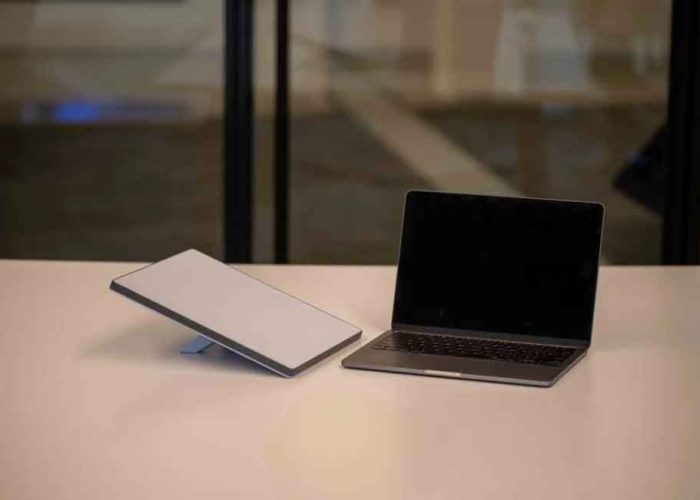
Step-by-Step Setup:
Create an Account
Go to starlink.com and enter your address. Place the order (hardware ~$599, service ~$120/month).
1. Install the Dish
Find a clear view of the sky (roof, pole, yard).
Use the Starlink app to scan for obstructions.
Mount the dish using included base or an optional roof/pole mount.
2. Connect the Cables
Plug the dish into the router with the included cable.
3. Plug the router into power.
Activate & Configure Wi-Fi
4. Use the Starlink app (iOS/Android) to name your network and set a password.
Wait 5–20 minutes for the dish to auto-align and connect to satellites.
5 .Test Internet
Speed test: Expect 50–200 Mbps.
Ping: 20–40 ms.
Works with streaming, Zoom, even online gaming (some latency spikes possible).
Common Starlink Installation Errors & Fixes
1. No Connection / “Searching” Message
Fix: Use the Starlink app's "Check for Obstructions" tool. Relocate dish to a spot with 360° clear sky view. Avoid trees, poles, buildings—even small obstructions cause drops.
2. Starlink App Shows “Offline”
Fix: Check power supply (router + dish connection). Re-seat both ends of the dish cable (in dish and router). Restart the router (unplug for 15 seconds, then plug back in).
3. Router Blinking White or Amber Light
Fix: Wait up to 20 minutes after powering up. If it stays stuck, restart the whole system: unplug everything for 1 minute, then reconnect.
4. "Starlink Disconnected" in App
Inspect for bent pins or frayed wires.
Try another power outlet or test with a known-good USB-C charger (for Starlink Mini).
5. Slow or No Internet Despite Good Signal
Fix: Use the app to verify signal quality. Restart the system via the Starlink app → Settings → Reboot. Let it run for 24 hours to auto-update firmware.
When to Contact Support
App says “Motors stuck” or “Thermal Shutdown.”
Dish not physically moving during setup.
Cable visibly damaged or frayed.
